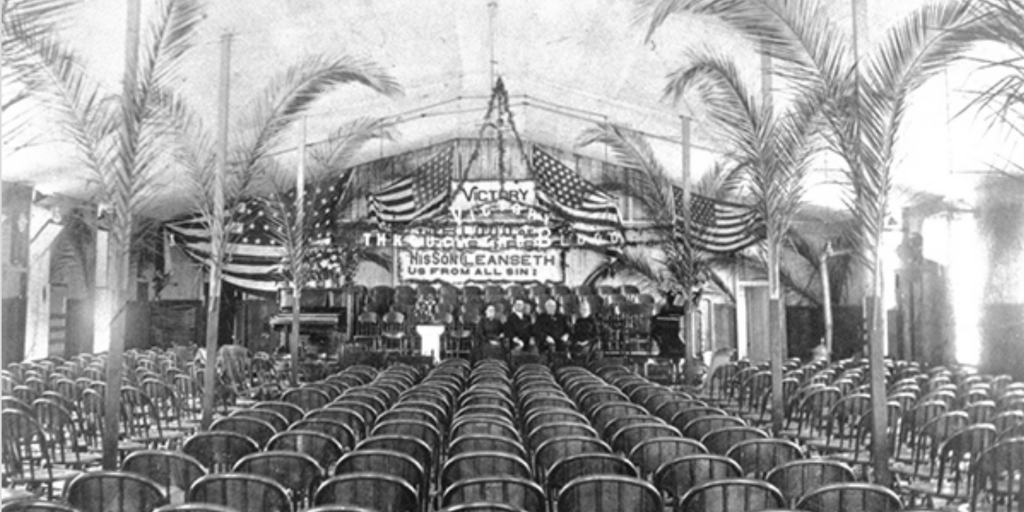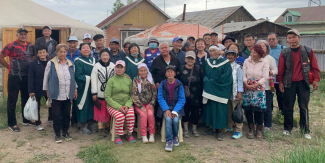
In the earliest days of that first “Church of the Nazarene” in Los Angeles, California, compassion was the fire driven by holy hearts and passionate engagement with the community. The minutes of an early meeting declared that the church was called to minister to “the neglected quarters of the city,” where poverty, addiction, brokenness, and despair were atmospheric. The church felt that the message of holiness demanded engagement, not distance. Homes for unwed mothers, orphanages, fierce and determined opposition to the prevalence of saloons and bars, drew those early Nazarenes into very open and vocal advocacy for the victims of alcoholism, drug use, and prostitution. Racial and social outcasts were the objectives of their endeavors.
It was that very passion that led Phineas Bresee out of the comfortable and prestigious pulpit at Los Angeles First Methodist Church. He was determined to engage the brokenness and squalor of “Skid Row” and seek to redeem those who were shunned by the more affluent members of many established churches.

Scripture was the basis for the passion of those early Nazarenes. From the pen of the prophets came repeated challenges to the people of Israel that, among other things, injustice and the neglect of the poor and downtrodden brought about the collapse and eventual exile of Israel. (See, for example, Isaiah 10:1-4).
We Nazarenes take seriously the words of Jesus in Matthew 25, when He said, “Whatever you did for one of the least of these brothers and sisters of mine, you did for me” (Matthew 25:40 NIV).
“Compassion is at the very heart of holiness.”
Compassion is at the very heart of holiness. It is the visible expression of holy love that reaches out in practical, everyday, person-to-person action that authentically expresses its passionate love for Jesus in loving concern for our enemy, our opposite, and “the other” around us. It crosses boundaries, racial divides, cultural differences, and economic gaps with one motive: Wholehearted love for God and holy sacrificial love for neighbor, whoever and wherever that neighbor may be.
Dr. Jesse C. Middendorf is a general superintendent emeritus in the Church of the Nazarene. He currently directs the Center for Pastoral Leadership at Nazarene Theological Seminary.
Originally published in the Summer 2017 issue of NCM Magazine.






Add new comment